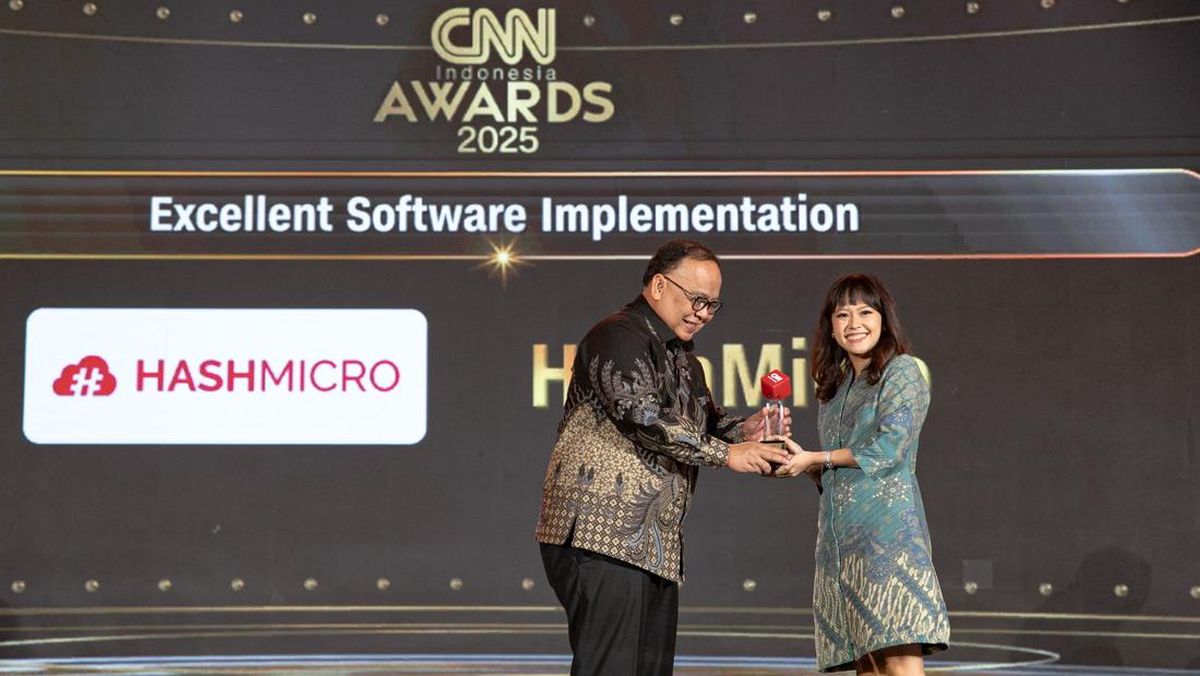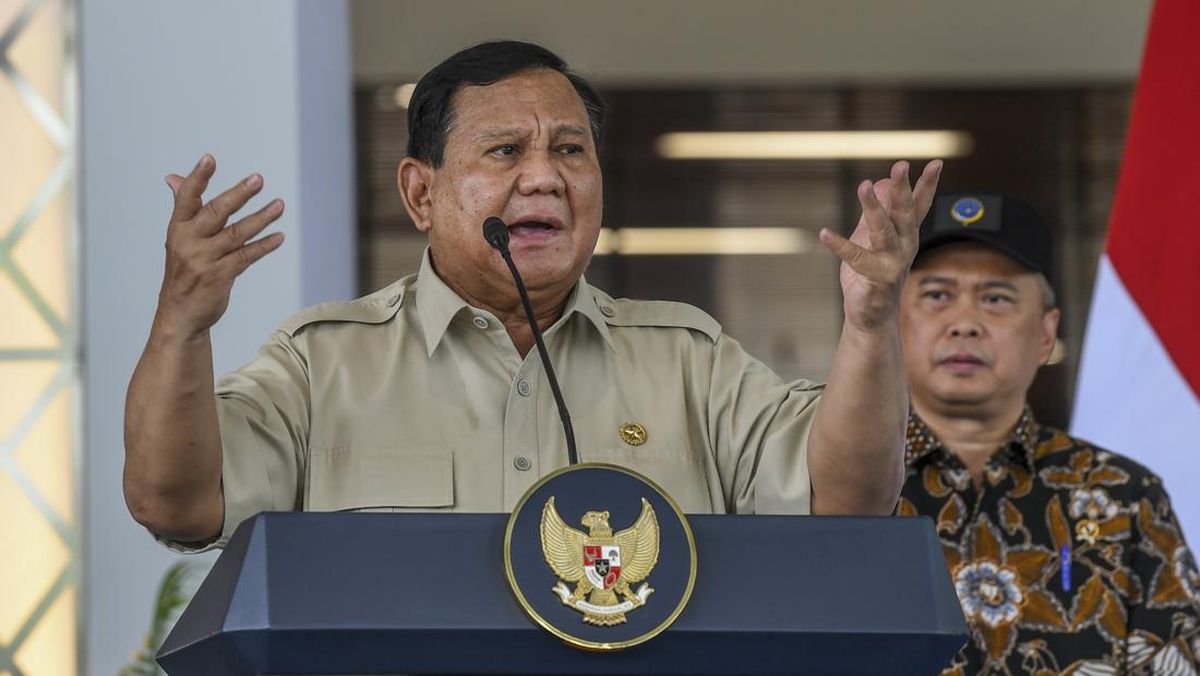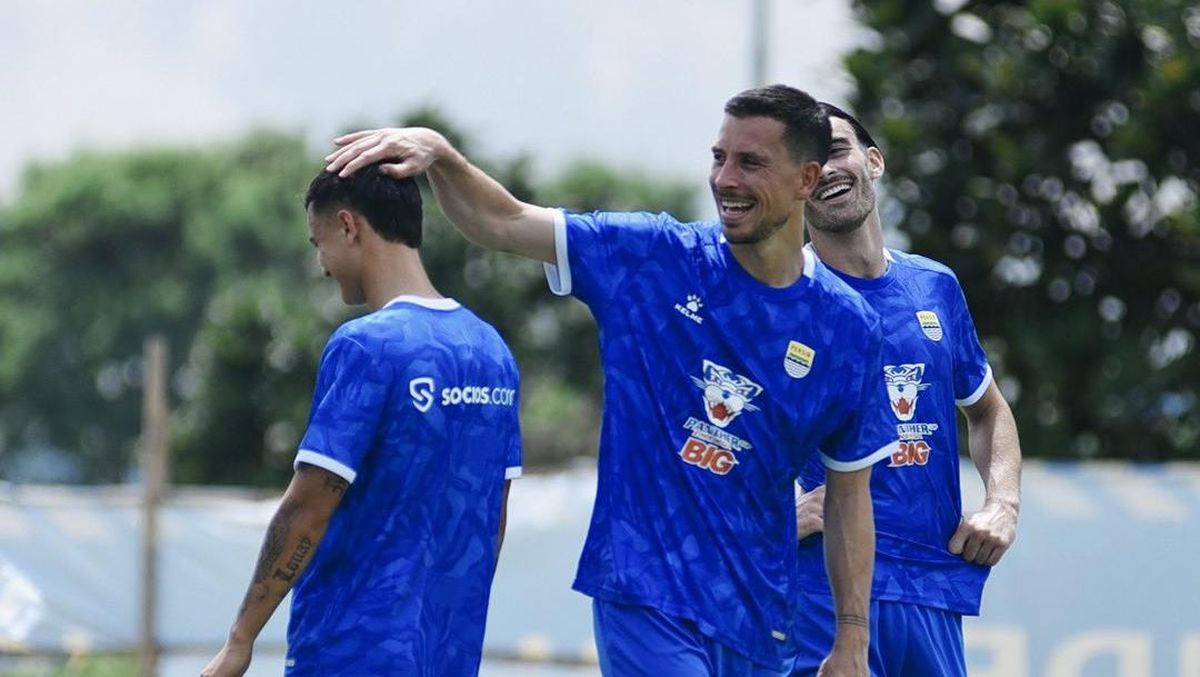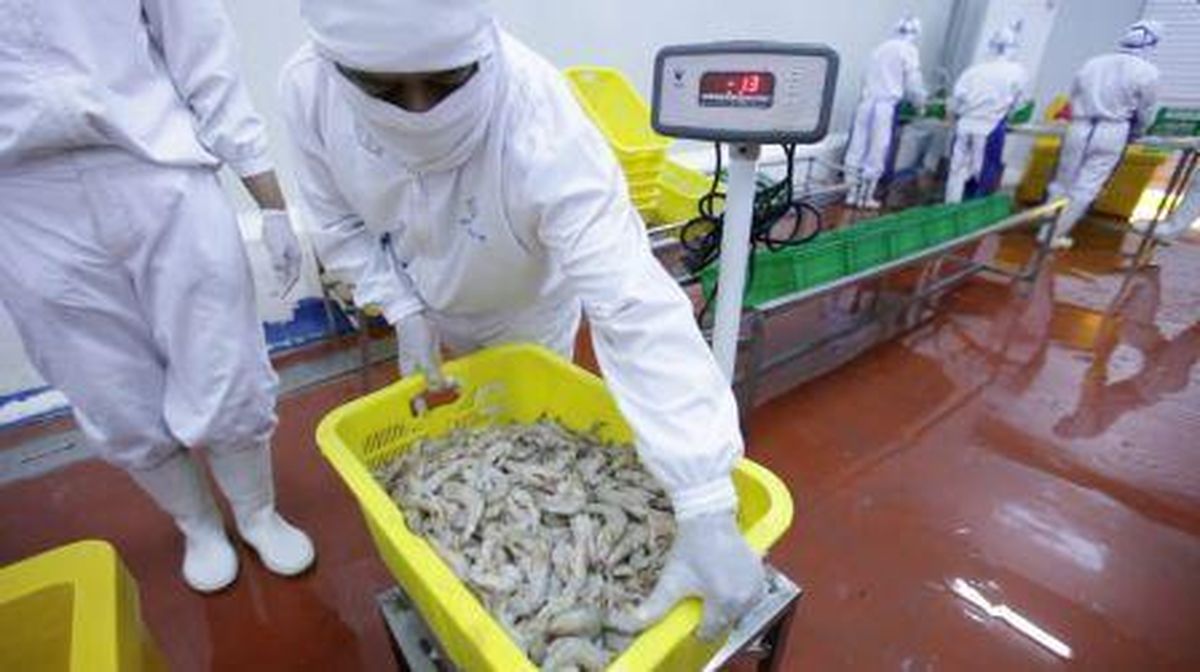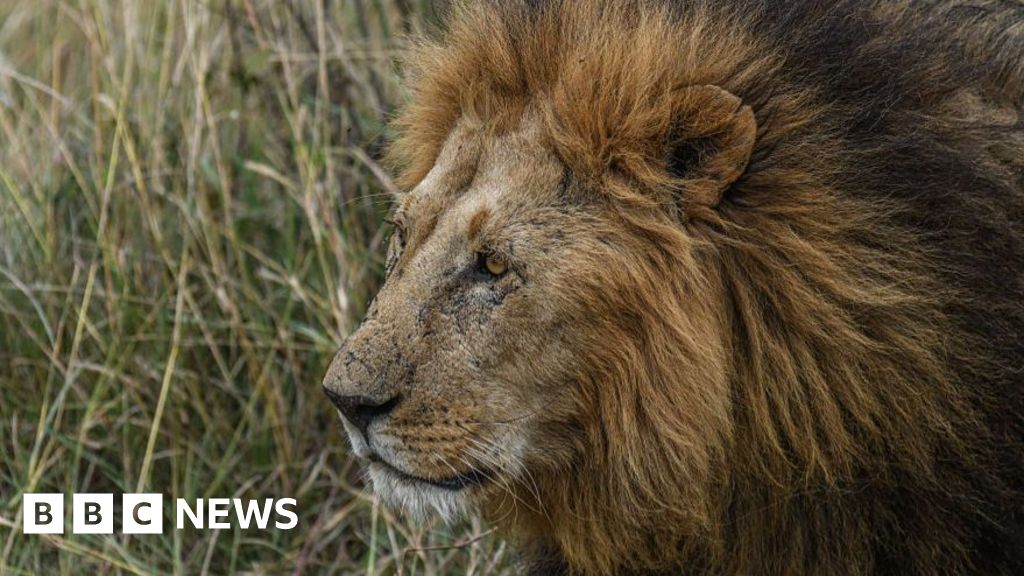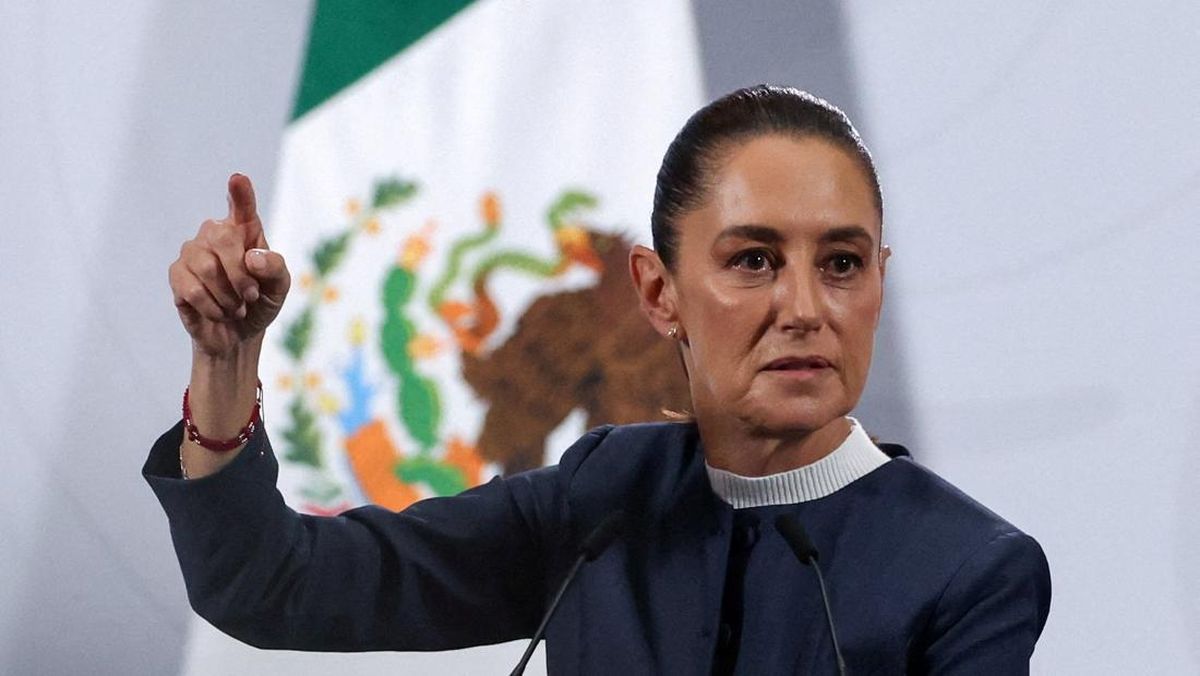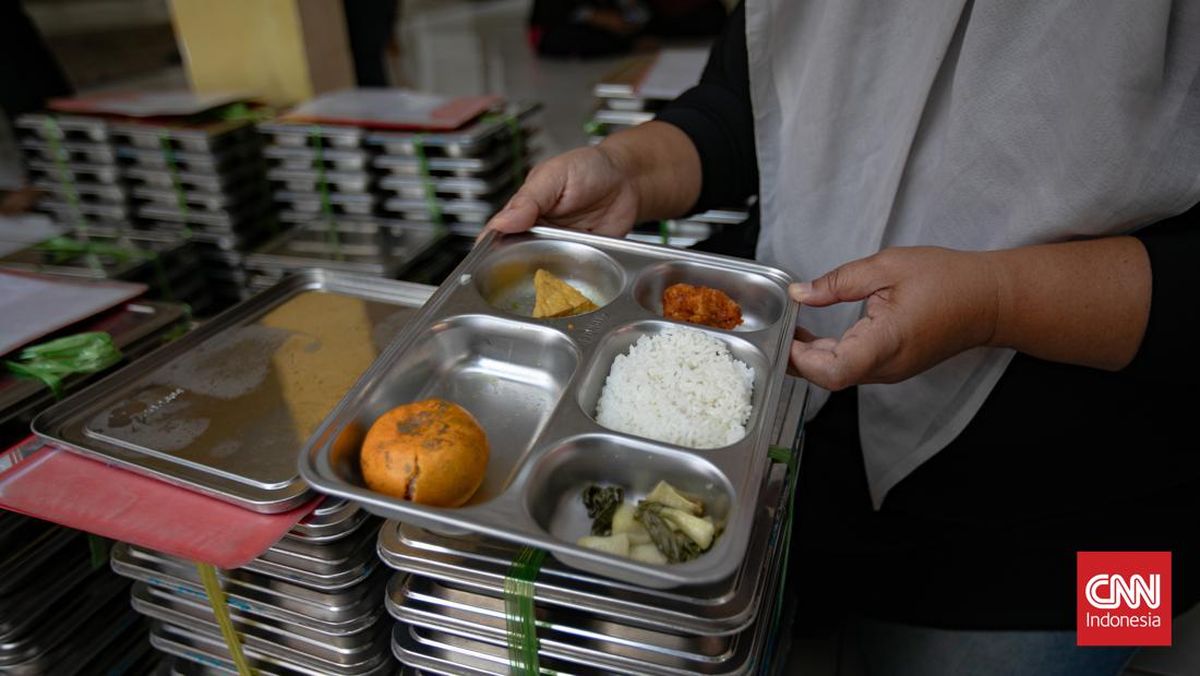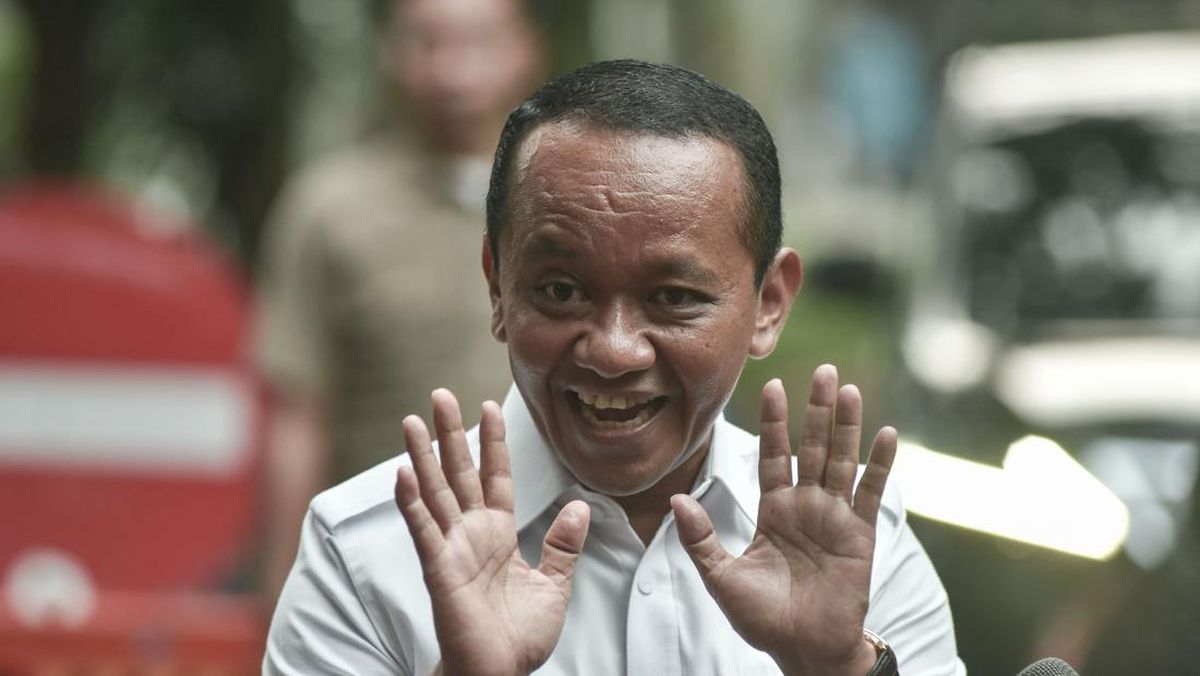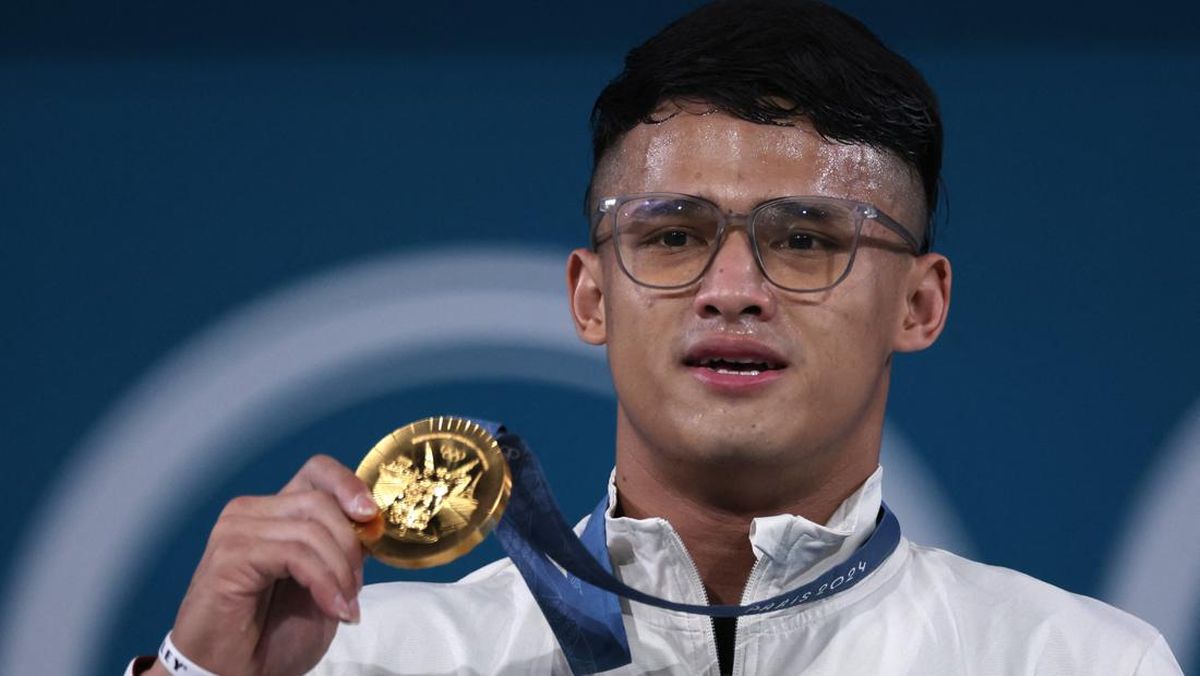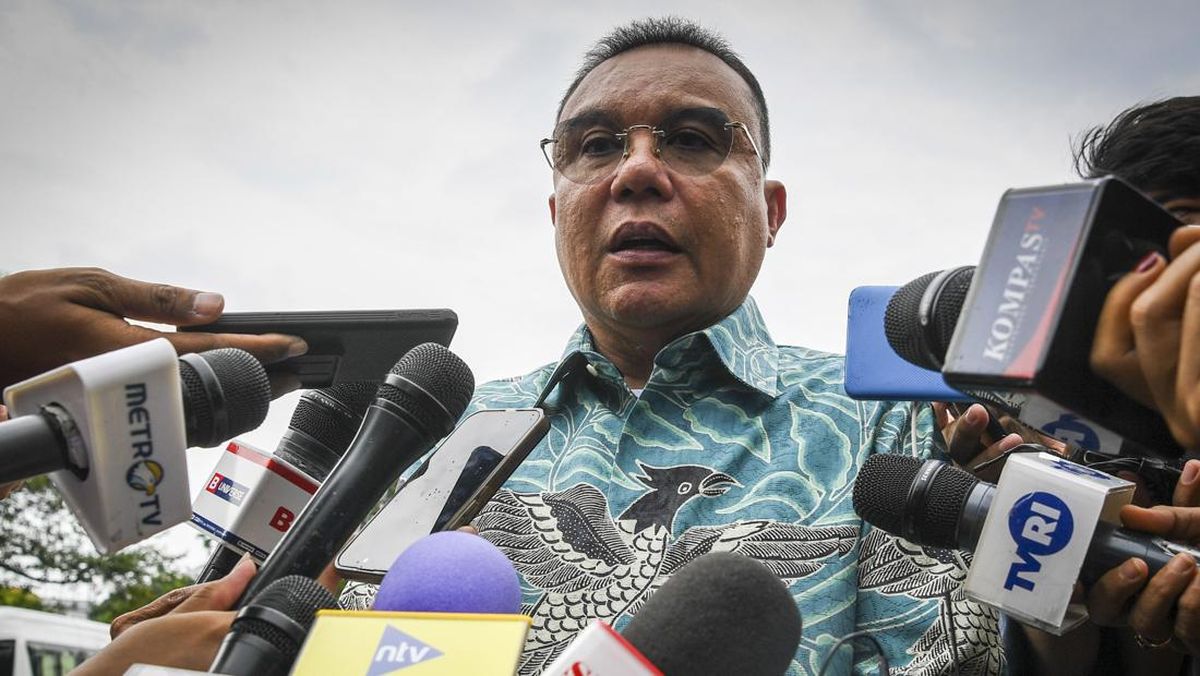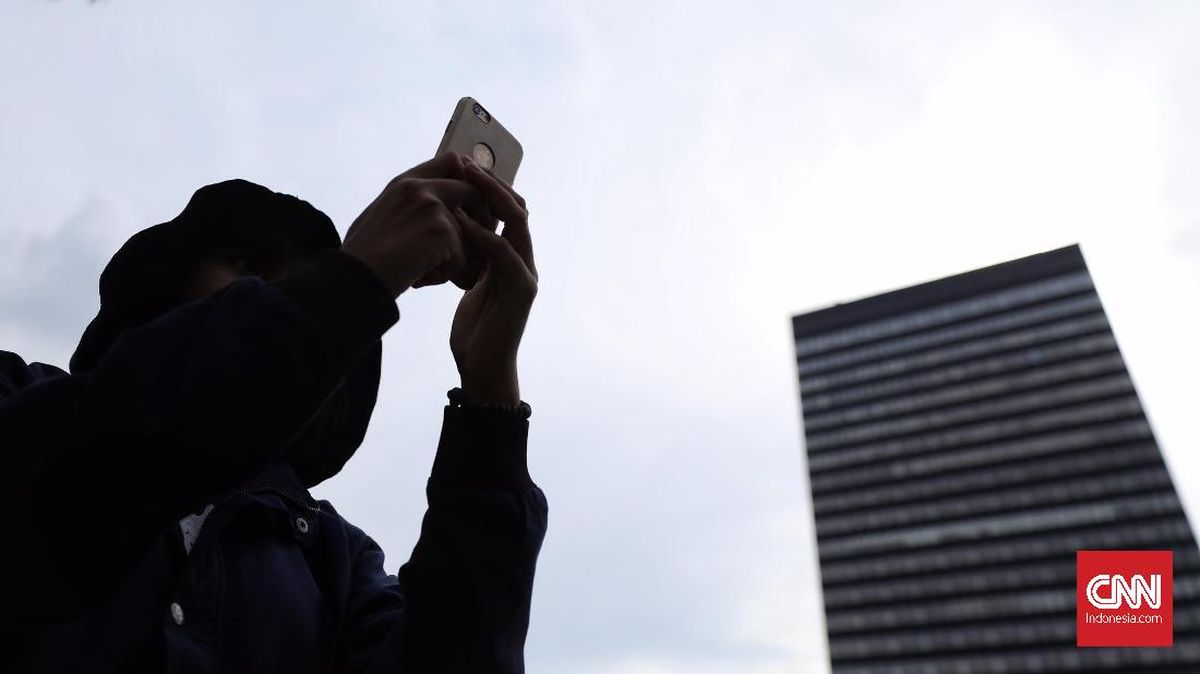“If someone can do it, you can do it.” These dying words, spoken 20 years ago by science technician Kin San Lee to his colleagues, Dr Himanshu Brahmbhatt and Dr Jennifer MacDiarmid, were the catalyst for years of research that would result in cures for some cancers.
At their Sydney laboratory, the pair have developed the EnGenIC Dream Vector (EDV), a microscopic “Trojan Horse” that destroys cancer cells, sparing healthy ones, as explained in a 2011 episode of the ABC’s Australian Story. Now, a two-part SBS documentary, The Cancer Killers, charts their long fight against the disease, and against resistance from the medical and business establishments.

Doctors Jennifer MacDiarmid and Himanshu Brahmbhatt’s quest to cure cancer is followed in the SBS documentary Cancer Killers.
“Kin San Lee was an amazing scientist,” says Brahmbhatt. “[His words] spun me around 1000 times. After that, I just sat in the Sydney University well into the night and kept on studying … That’s when I realised, there’s got to be something better … And we developed this nano-cell technology that is able to go after cancer and hence, even when people are at the end stage, we are pulling them out into complete remission.”
There is still some way to go before the EDV is available to everyone.
Loading
“We get asked by patients, ‘Why can’t I get the treatment now?’” says Brahmbhatt. “The problem is that there are a lot of people who, in the interest of making money, try to push products onto the market. And hence, regulatory bodies have become very strict. And oncology, for 70 years, has been plagued with dogmas that, ‘This is the way it has to be done’. And when you come up with something out of the box, people will keep rejecting it.”
In the series, the scientists travel to the US to seek patents and funding.
“I was amazed when I met one of those hundred-million-dollar-plus people who was in his late 70s,” says Brahmbhatt. “I did a presentation and he sat there and listened for an hour. And at the end, he said, ‘Just tell me one thing … This cancer thing – is it painful?’ That shocked me”.
MacDiarmid says there is a pervading notion that, despite Australia’s record of breakthroughs in medicine, the best inventions happen in the US.
“There’s even a cultural cringe here,” she says. “When we had our first patent, the Australian patent office was the first to review it. And their actual comment was, ‘Surely this would have been done in America?’”
Filmmaker Judy Rymer, who also narrates, says following the pair’s progress and setbacks for 15 years, while filming on a shoestring budget, “the parallel universe became more and more profound”.

Anne Jonas is one of the patients featured in the documentary who have recovered thanks to the work of doctors Himanshu Brahmbhatt and Jennifer MacDiarmid.
“We all faced problems with funding, and with shocking timelines,” says Rymer. “They’re very selective about how they want to expose themselves to the public because of somebody trying to copycat it … But I do think that the biotech industry in Australia doesn’t get the kind of exposure that we would probably like it to.”
The scientists begin each working day with a breakfast debate.
Loading
“We throw everything that’s in our minds on the table,” says Brahmbhatt. “By the time the breakfast is over, we have come to consensus views on several issues.”
MacDiarmid says they are “great buddies”.
“We get on famously,” she says. “I think he’s brilliant. I’m more focused and can reel him in, but we work off each other very well.”
This month, the pair lost another colleague to cancer – their first postdoctoral scientist, who has been with them all the way.
“We were gutted that [due to protocol], we couldn’t get the EDV into someone who worked on it,” says MacDiarmid. “It was heartbreaking. And there’s a long line of people like her waiting.”
Although they will likely never meet most of the recipients of their invention, MacDiarmid wants patients to know that, “Even when you think that there’s nothing to be done, we can do something and have done something. We’re on your side.”
The Cancer Killers premieres at 9.30pm on Tuesday, November 4, on SBS.
Find out the next TV, streaming series and movies to add to your must-sees. Get The Watchlist delivered every Thursday.
Most Viewed in Culture
Loading

